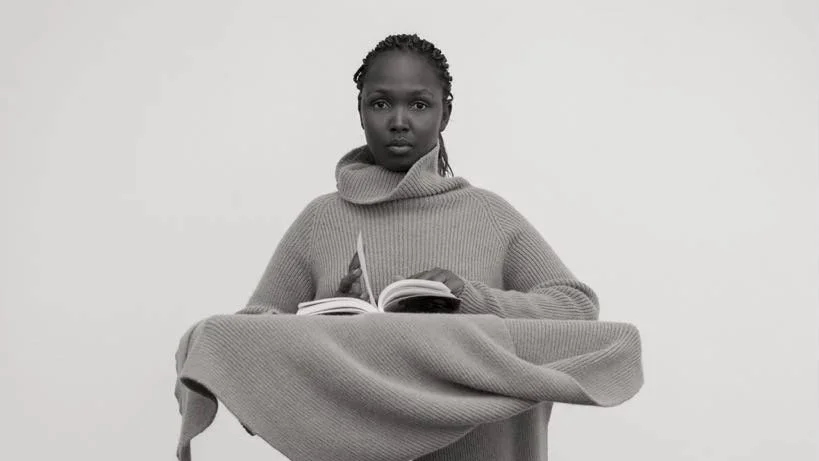How to Survive After Surviving
Dydine Umunyana Anderson
Rebirth and learning to live after life has already tested you.
“Surviving is one thing, but surviving after surviving is another.
Hope and kindness are our truest companionship.”
Lately, I have been reflecting on what it truly means to survive after surviving.
As a survivor of the genocide against the Tutsi in Rwanda, survival was the first language I ever learned. My earliest memories are not of playgrounds or laughter — they are of loss, fear, and silence. My introduction to humanity was genocide.
After the war, I grew up in a country trying to breathe again. Everywhere I looked, people were rebuilding from ashes — some physically, others spiritually, and many not at all. I witnessed people who could not bear life after survival; their souls simply couldn’t hold what they had seen. Some sought refuge in alcohol, work, or religion — not because they were weak, but because they had no other way to carry the unbearable. Survival had become our only way to exist.
For years, I thought living with constant tension was normal. My body only knew how to run, react, and protect. That was my home — survival mode.
When I moved to the United States, healing began almost accidentally. I remember realizing, for the first time, that people sleep through the night. That nightmares are not everyone’s reality. I was stunned. For months I would wake up expecting to run, to hide, to fight. Slowly, with distance and quiet, I began to notice what peace could feel like.
Healing, however, was not gentle. It forced me to face truths I had buried beneath resilience — to ask myself who I am without the trauma that shaped me. I was too young when it happened to remember who I was before it, so I learned to imagine a new version of myself — not the girl I might have been, but the woman I now choose to become. That realization was freeing.
I began reading about trauma, generational wounds, and meditation. I started to understand that healing is not about returning to who you were — it’s about becoming who you want to be.
And then came 2020.
When the pandemic struck, the whole world experienced collective trauma. I watched as humanity entered survival mode again — reacting, fearing, protecting. It reminded me of my childhood, only this time the whole planet was holding its breath. I realized how important it is to learn how to survive after surviving.
Because when we live only in reaction, we stop living at all.
If we never pause to ask, Have I healed? Have I processed what happened to me?, we end up wounding the people around us. Survival keeps us alive, but healing allows us to live.
For me, storytelling has been my medicine. Each time I share my truth — even when my voice shakes — I reclaim another piece of my humanity. It is not easy, but it is necessary.
And I believe this is what our world needs now: collective healing. To pause. To breathe. To remember that even when the world feels wounded, it is still beautiful — and so are we.
We have all survived something. But the real miracle is learning to live again.
Ask yourself:
Am I still surviving — or am I allowing myself to truly live again?

Lately, I have been reflecting on what it truly means to survive after surviving.
As a survivor of the genocide against the Tutsi in Rwanda, survival was the first language I ever learned. My earliest memories are not of playgrounds or laughter — they are of loss, fear, and silence. My introduction to humanity was genocide.